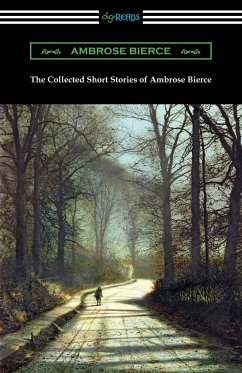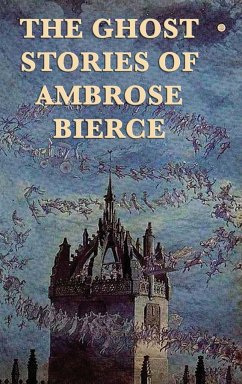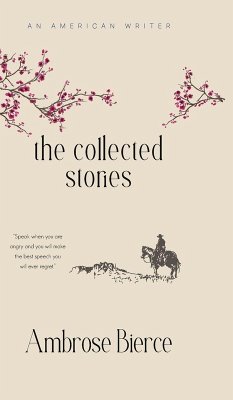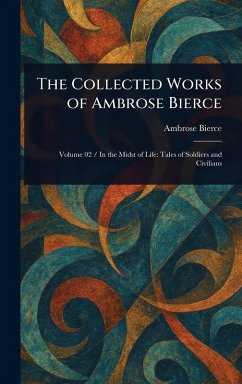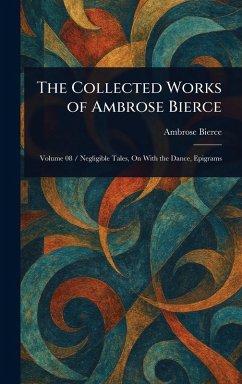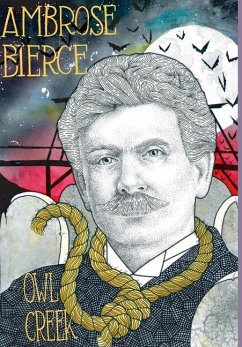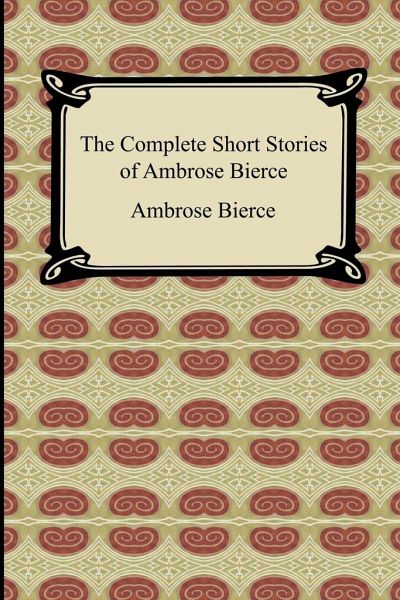
The Complete Short Stories of Ambrose Bierce
Versandkostenfrei!
Versandfertig in 1-2 Wochen
19,99 €
inkl. MwSt.

PAYBACK Punkte
10 °P sammeln!
American journalist and satirist Ambrose Bierce is probably best known for his short stories about the American Civil War. The author's craft for story-telling is exemplified by his famous "An Occurence at Owl Creek Bridge", which is the story of Peyton Farquhar, a Confederate sympathizer condemned to die by hanging upon the Owl Creek Bridge. That great short story along with 96 others forms this exhaustive edition of "The Complete Short Stories of Ambrose Bierce."



